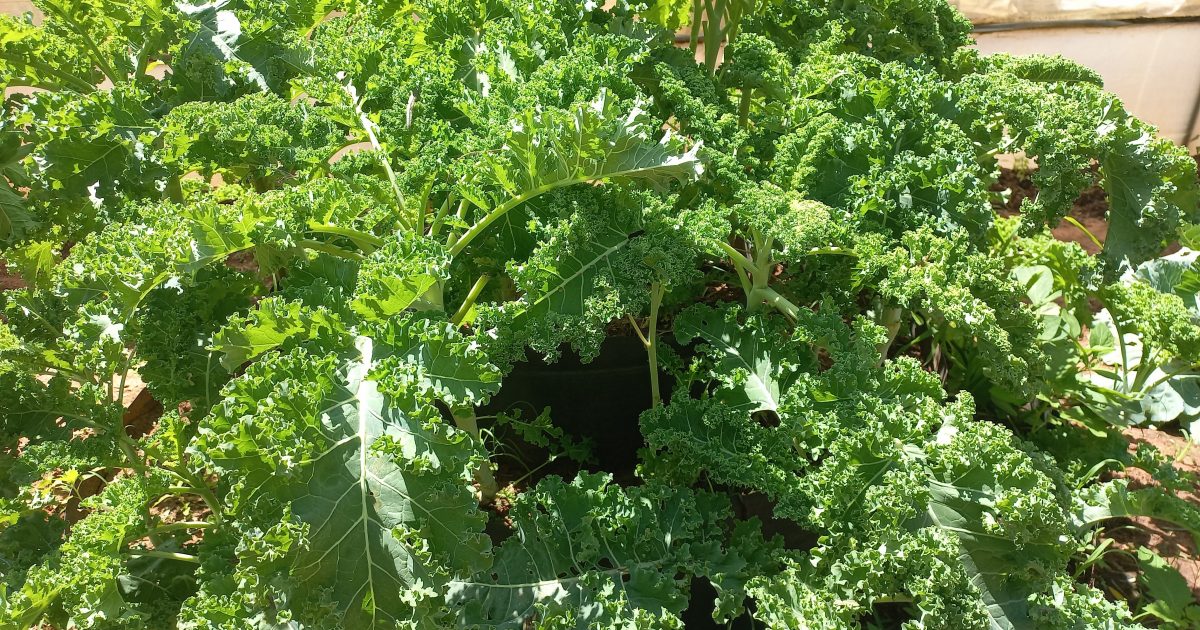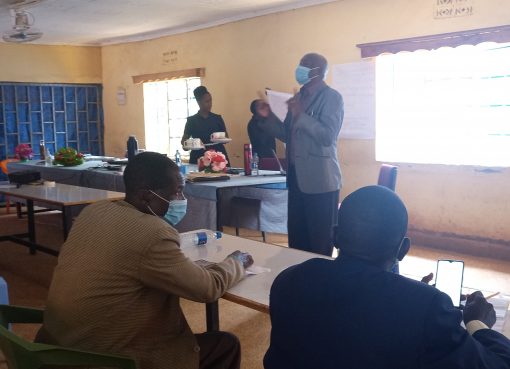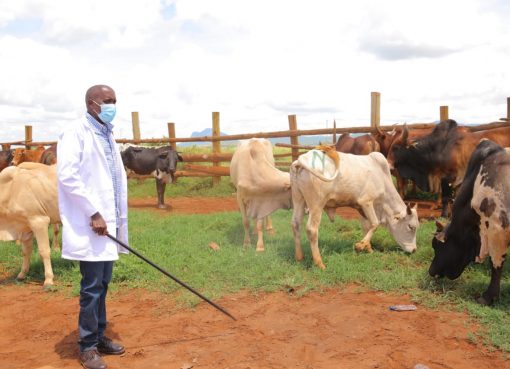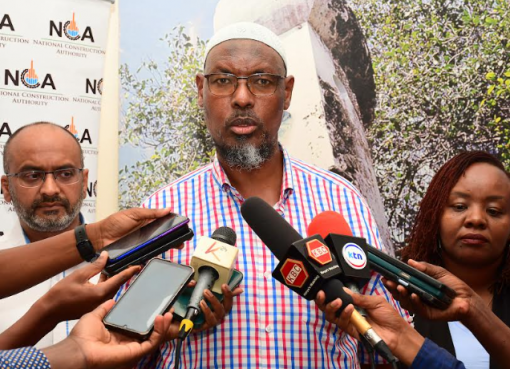The government has launched a 3 year project that will address productivity, post-harvest management and expand market access for African Indigenous Vegetables (AIV)
The project is being funded by USAID Feed the Future Horticulture Innovation Lab to a tune of Ksh 104.2 million (USD750,00) in the next three and a half years and will involve AIVs small holder farmers specifically women and youth
This project is also being carried out by the research teams led by Kenya Agricultural Livestock Research Organization (KALRO) , in collaboration with the University of Nairobi (UON) and the North Carolina State University (NCSU)
Speaking today when launching the project, KALRO Director General Eliud Kireger said there is untapped potential of AIVs and therefore there is need to enhance their productivity, streamline post-harvest management practices and facilitate better market access.
“This initiative is not just about improving yields or increasing profits; it is about empowering our farmers, especially women and youth, revitalizing rural communities, and promoting food security and nutrition for all Kenyans”, he said .

He noted that through collaborative efforts, the project will address various challenges that have hindered the full realization of the potential of indigenous vegetables from inadequate access to quality seeds and inputs to poor post-harvest handling techniques and limited market linkages.
“By harnessing the inherent resilience and adaptability of AIVs, we can build a more resilient and diversified agricultural system that is better equipped to withstand the challenges of climate change and other external shocks”, Dr. Kireger said .
The DG explained that Indigenous Vegetable is one of the prioritized value chains under BETA for food and nutrition security; and income generation as well as a priority value chain in County Integrated Development Plans for both Kisii and Kakamega Counties where the Connecting Research, Education, and Outreach (CREdO) programme will be undertaken on a pilot basis.
Dr. Mumina Shibia, the Principal Investigator for the project said the project aims to address the issue of pre-harvest losses, post-harvest loss management value addition, processing, aggregation enhancing market linkages and capacity building, which is very important.
“This project highly targets youth and women in the two pilot counties of Kisii and Kakamega that were selected due to their high population density, small land sizes typically managed by small holder farmers and prioritizing the AIVs as a key value chain by the Counties.
“What this project is expected to deliver and the first point of interventions that we are looking at is issues of commercialization of the African indigenous vegetable value chain, starting from the seed systems and commercialization, the issue of germplasm, and then from there we deliver on reduction of pre and post-harvest losses”, Dr. Mumina said .
She explained that African indigenous vegetables despite their adaptability to local conditions experience high losses in terms of post-harvest of between 40 to 50 percent of the production due to sub standard storage practices.
“ Our point of intervention will be from the pre-harvest perspective such that it does not lead finally to post-harvest even as we address the post-harvest management”, Dr. Mumina said adding that the project will also strive to provide safe and quality AIVs products. Through value addition such as smoothies, coming up with different recipes and targeting different consumers.

Prof Jane Ambuko from UON and Co-PI said they hope that the project is going to move the needle in unlocking the potential of ALVs as a source of possible nutrition for communities, but also source of livelihood for vulnerable groups, women, People living with disability and even the youth.
“It has potential across the chain, from production all the way to market linkages. We know the story of ALVs is not new in Kenya, but all the time we talk about potential, so this time we hope that with the resources available, we will unlock that potential right from production, increasing productivity so that we produce efficient quality and the quantity vegetables that is expected and can be accessed by the consumer”, she added.
Prof. Peter Ojiambo, a professor in the Department of Entomology and Plantomology at North Carolina State said the African indigenous vegetables has always been seen often as a women crop and therefore the project wants to ensure that there is a change in their livelihood particularly because they bear the family of what is happening at home .
“We also want to empower the youth as well, because we know unemployment is a major problem here in Kenya. But AIV provides an avenue for them to get employment and to be self-reliant with the general care of gain over the years through the colleges and training”, he said.
Dr. Penina Yumbya East Africa Horticulture Regional Hub Manager said that as a host organization for the Feed the Future Innovation lab the channel which USAID is funding the project it was a long process which targeted Kenya, Uganda, and Ethiopia and proposals were done by over 55 organizations from the region
“The process of reviewing ended up with us picking only 3 projects from the 55 proposals and one of them was the KALRO one on AVLs”, she said adding that the project is ideal as the PIs will be working directly with the small scale farmers and also the youth.
“Our end goal, and what we are looking forward to is that after 3.5 years, we will have an impact on the lives of those people we are working with to enhance their lives of course, in terms of nutrition and economic empowerment”. Dr. Yumbya said.
In Kenya, African Indigenous Vegetables (AIVs) are primarily cultivated by small holder female farmers particularly in urban areas where commercialization efforts are increasing. However challenges such as seasonality low productivity and post-harvest losses imped meeting the rising demand ,
There are over 210 AIV species that play a critical role in addressing micronutrient deficiencies due to their rich natural content. Indigenous Vegetable is also one of the prioritized value chains under BETA for food and nutrition security; and income generation,
By Wangari Ndirangu





